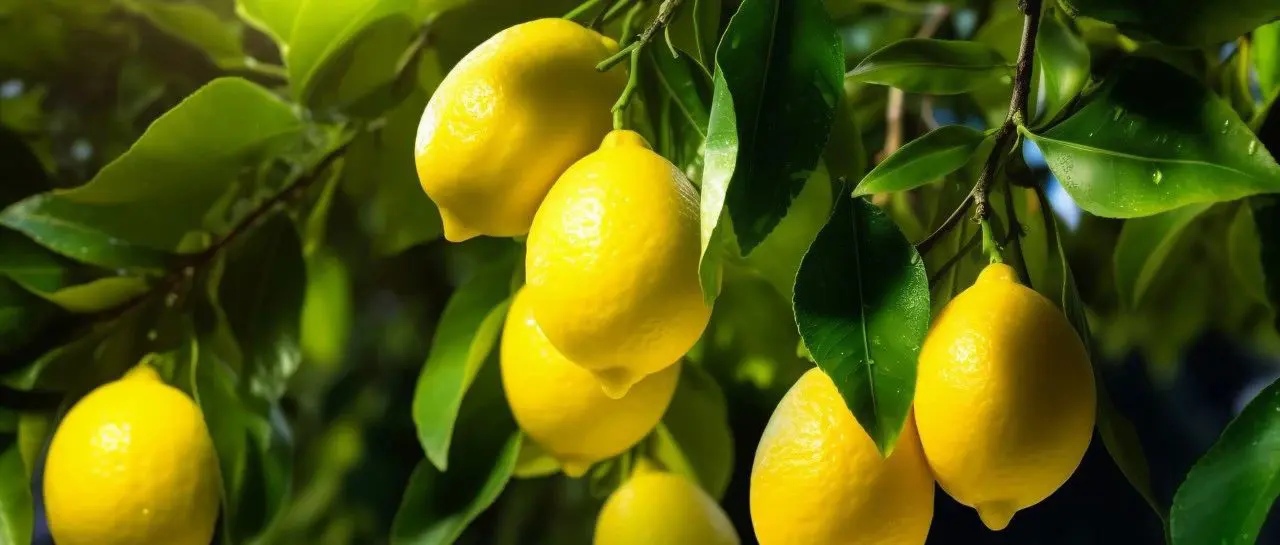Small Lemon, Driving the Great Cause of Rural Common Prosperity

Recently, the Tongnan District of Chongqing has entered the lemon harvest season. The rich aroma of lemons in the air, combined with the smiling faces of busy fruit pickers, together form a picture of bountiful harvest in the golden autumn. Tongnan, located near the latitude line, enjoys a mild climate and shallow plains, making it one of the world's three major lemon producing areas. Lemon cultivation and processing are the outstanding characteristic industries of the region.
On the afternoon of the 15th, in the lemon orchard of Yaha Village, Tongnan, Chongqing, 60-year-old Lao Qu was leading 10 fellow villagers in harvesting lemons. They worked in an orderly manner: "pickers" each had a small pair of scissors, skillfully grasping the lemons on the trees with their fists and using three fingers to measure their size. They then cut down the lemons that met the standard and placed them in bags hanging from their chests. "Transporters" were responsible for driving tracked vehicles to transport cartloads of fresh lemons to the field for loading and shipping. Such a bustling scene could be seen every year during the lemon harvest season.
It is understood that in a certain year, Li Zhi, the head of a lemon orchard, saw the promising future of the lemon industry. Driven by the market and encouraged by policies, he turned his attention to Tongnan, starting his entrepreneurial journey with small lemon fruits. It was then that Lao Qu joined his team, taking charge of the daily management of a hundred-acre orchard, and thus forming an inseparable bond with lemons.
However, Li Zhi's entrepreneurial journey also encountered many difficulties. For example, lemon cultivation is characterized by a long cycle and high investment. Before each harvest, not only do frequent tasks such as pruning, watering, and spraying need to be carried out, but constant attention must also be paid to tree health and weather conditions, seizing farming opportunities and preventing pests and diseases, all of which require substantial manpower, material resources, financial resources, and intellectual effort. Additionally, due to the lack of a unified purchase standard, the lemons painstakingly grown over half a year may still face the awkward situation of "not fetching a good price."
This situation improved after Li Zhi attempted to collaborate with "Xuewang Agriculture," a wholly-owned subsidiary of Mixue Bingcheng. It is understood that Xuewang Agriculture annually evaluates the infrastructure, pesticide application records, and the health of fruit trees in cooperative orchards. Only orchards that meet the standards are included in the collaboration scope. Additionally, the company provides training in planting techniques and scientific management to farmers, and technical staff frequently visit the orchards, offering fertilization and pesticide application recommendations tailored to the specific topography and soil conditions of each orchard.
According to statistics, in the year, MiXue Ice City purchased approximately . million tons of lemons from local suppliers. "The Snow King has high standards for quality, they have established a complete grading standard for fresh fruits, with the highest price for grade fruit, and they pay quickly, which motivates us to grow better lemons," said Li Zhi.
The issue of lemon cultivation has been resolved, and the processing industry is advancing in tandem. Subsequently, Li Zhi established a lemon processing factory in Baizi Town, Tongnan District. The factory, jointly created by economic cooperatives such as Tianchi Community and partners like Mixue Bingcheng and Chongqing Yuxin Agriculture, is engaged in fresh fruit sorting, processing, and storage. During the October lemon harvest season, up to several thousand people simultaneously engage in activities such as removing lemon bags and packing them, creating a spectacular scene.
With the increasing scale and standardization of the special lemon industry in Tongnan, more and more young people like Li Zhi, who once ventured outside, have returned to their hometowns to work, bringing new ideas and approaches to the development of the industry and rural areas. The small lemon has also filled the villagers' pockets. It is understood that the daily maintenance, pruning, and pesticide application of fruit trees require a large number of manual laborers, and the demand for labor is even greater during the harvest season. In the lemon orchard of Yaha Village, Baizi Town, Tongnan, an elderly man in his 70s who was picking lemons said, "My children all have their own jobs, and I do some work in the orchard when I'm free, not only passing the time but also increasing my income."
Industrial prosperity is the cornerstone of rural revitalization. This year's Central Document No. 1 proposes encouraging regions to develop distinctive industries according to local conditions and supporting the creation of local specialty brands. Previously, the Tongnan District proposed to vigorously implement the "Six Projects" of the Tongnan Lemon: quality improvement, smart, strong chain, brand, market expansion, and common prosperity, aiming to accelerate the creation of the "No. 1 Lemon Brand in China."
Promoting the development of the lemon industry in Tongnan District further, at the recently held China (Tongnan) Lemon Industry High-Quality Development Conference, major purchasers of Tongnan lemons, Mi Xue Bing Cheng, launched the "Support Lemon Industry High-Quality Development Public Welfare Project" on-site. The project plans to invest millions initially, collaborating with top domestic agricultural universities to support lemon technological innovation and research achievements transformation, conduct lemon variety breeding, preservation technology research, and industry talent cultivation, focusing on solving common issues. It will support the high-quality development and brand building of the Tongnan lemon industry, carry out professional training, upgrade agricultural machinery equipment in lemon bases, and implement smart management, aiming to enhance the technical level of lemon growers, cultivate new farmers, and deeply engage in rural industrial revitalization.

